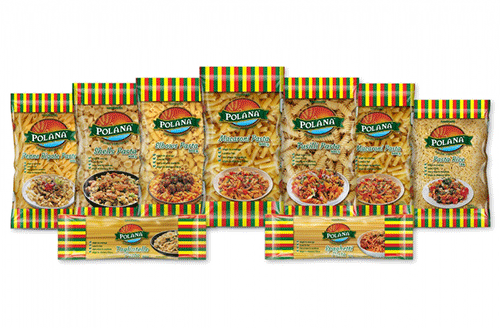Global food prices are set to provide relief to consumers for the year 2023, and Namibians will also benefit from the phenomenon.
As a result of Covid-19 and the Russian war in Ukraine, supply chain delays worsened and oil prices spiked. Namibia’s largest grain-processing company Namib Mills confirmed a decrease on Pasta Polana, King Pasta, rice and Polana instant noodles from 17 April 2023. Namib Mills Group financial manager JC du Buisson, in a statement, said a variety of factors have driven the price decreases.
“Overall input costs for manufacturing pasta and procuring noodles have decreased to such an extent that we can lower prices accordingly. Global rice prices have declined following increased global supply and a record production by India,” said the manager.
Rice will see a decrease in the price of between 5% and 6%, Pasta Polana and King Pasta between 9% and 11%, and Polana instant noodles will go down by 15%.
High food prices tend to affect the most vulnerable segments of the population the most because poorer households spend a larger share of their income on food.
According to the World Bank report titled ‘Food Security Update’ released last month, the agricultural, cereal, and export price indices closed 3%, 2%, and 2% lower, respectively, than in January 2023.
“The prices of all three cereals fell, with maize and rice prices closing 1% lower and wheat closing 2% lower than two weeks ago.
“Maize prices are 13% lower and wheat prices almost 34% lower from the highs of more than a year ago, when the conflict between Russia and Ukraine started; rice prices are 17% higher. Maize and wheat prices are 22% and 4% higher, respectively, than in January 2021, while rice prices are 4% lower,” reads the World Bank report.
Trade policy
The World Bank added that trade policies are a major source of risk for global food price stability. On tracking trade policy announcements as potential sources of such risk, the bank noted trade policy actions on food and fertiliser have surged since the beginning of the war in Ukraine, and countries actively used trade policy to respond to domestic needs when faced with potential food shortages at the beginning of the Covid-19 pandemic.
“As of 13 March 2023, 23 countries had implemented 29 food export bans, and 10 had implemented 14 export-limiting measures,” stated the report.
Fuel announcement
This week, the mines ministry announced that fuel prices will remain unchanged for April. Petrol prices will thus remain at N$19.78 in Walvis Bay, while diesel prices remain at N$20.65.
Ministry spokesperson Andreas
Simon said the ministry remains
hopeful that the situation in the
oil market will continue to improve, especially for oil price takers like Namibia, so that fuel consumers can
expect to have lower fuel prices at the pumps.


